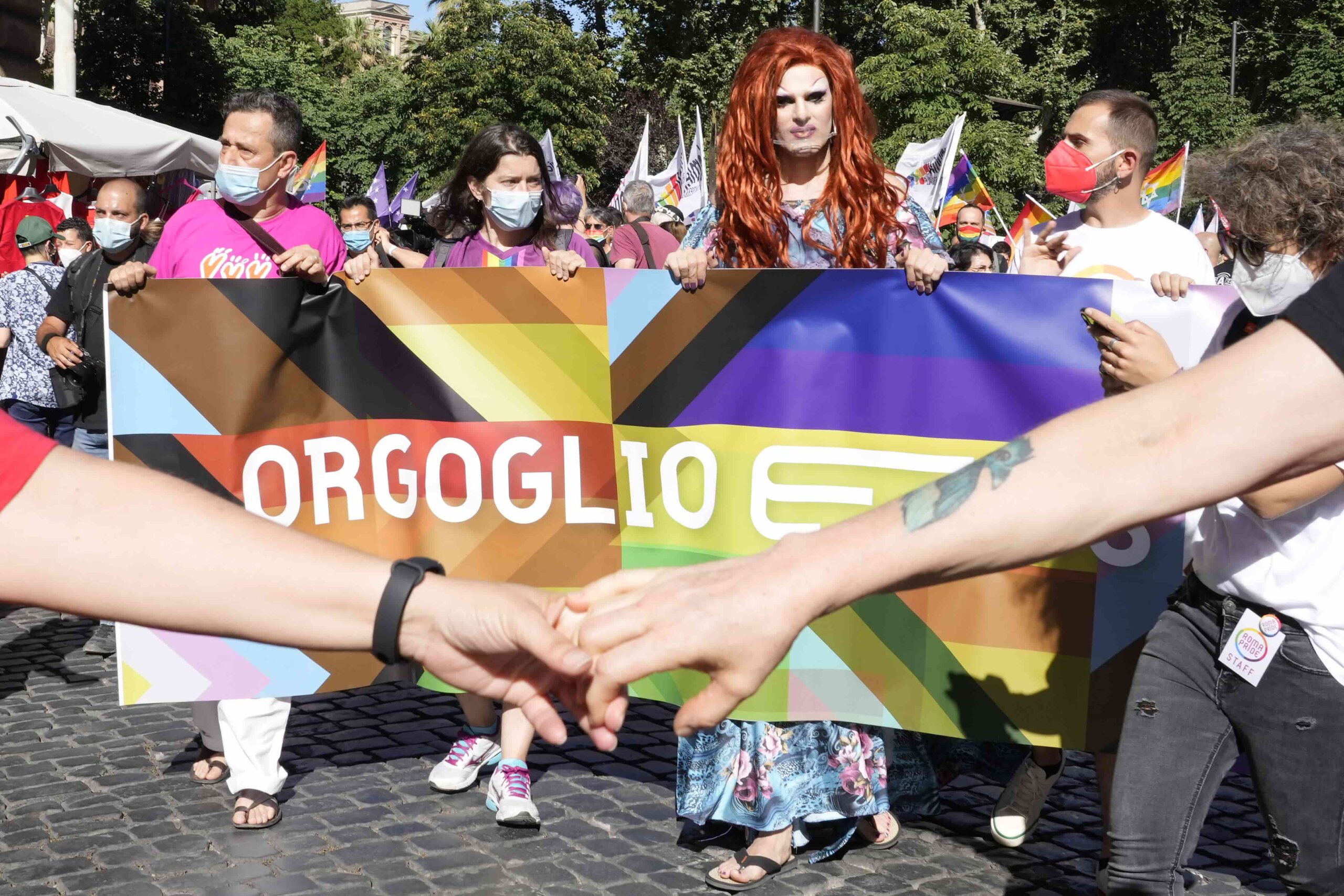An Italian court has legally recognized a non-binary person’s identity in a historic first for the European country. Supporters of LGBTQ+ equality hope the decision will set a precedent that will encourage lawmakers to expand rights and protections for people who identify outside of the gender binary.
Earlier this month, the Court of Rome paved a pathway for a plaintiff to identify themselves as non-binary in legal documents. According to the queer website Gay.It, the March 7 declaration is the first of many steps for the plaintiff, identified only as “Alex,” who now hopes to correct the gender marker listed on their birth certficate and other identity documents.
Alex’s attorney, Giovanni Guercio, said his client was overwhelmed at the news and kept repeating “thank you, thank you, thank you, as if paralyzed with joy.”
“It is a thank you that those who are not born in this condition cannot understand,” Guercio told the publication. “It is like a blind man who regains his sight. Those who have always had it cannot understand.”
Alex’s legal team hopes the decision will serve as a “pilot case” for greater legal recognition of trans and non-binary identities. While trans Italians have been permitted to correct their legal gender since 1982, they are still forced to clear numerous bureaucratic hurdles to do so. According to the U.K. advocacy group Stonewall, name and gender marker corrections are a “two-step process” that entail seeking a court’s permission and, in some cases, undergoing gender-affirming surgery.
Guercio said that Alex is seeking to have their identity recognized without meeting the surgical requirement. Rather than having their personhood pathologized, he said Alex was “determined” to affirm their “right to [their] own gender identity.”
“This win is a milestone in my country since the court has always claimed for the person to have been submitted to hormonal therapy before,” he told the queer outlet PinkNews.
The victory follows several recent watershed moments for non-binary people across the globe. Mexico issued its first-ever non-binary birth certificate in February, and the Colombian Constitutional Court ruled in March that citizens have the right to opt out from choosing male nor female on legal documents. The latter ruling made Colombia the first Latin American nation to legally recognize non-binary identities.
But despite these steps forward, Italy has much work left to do if it hopes to ensure full equality for LGBTQ+ people. Although the country has permitted same-sex couples to enter civil unions since 2016, full marriage equality has yet to be legalized, due in part to opposition from the Catholic Church. Lobbying from the Vatican was instrumental in killing a historic hate crimes bill, which was shelved in October over fears that it would constrain the free speech of Catholics opposed to LGBTQ+ rights.
Human rights advocates in Italy continue to push forward despite these challenges. In April, Italy is set to celebrate its first-ever LGBTQ+ History Month, which will honour the birth of the country’s LGBTQ+ civil rights movement and the contributions of queer and trans people to Italian life and culture.


 Why you can trust Xtra
Why you can trust Xtra


